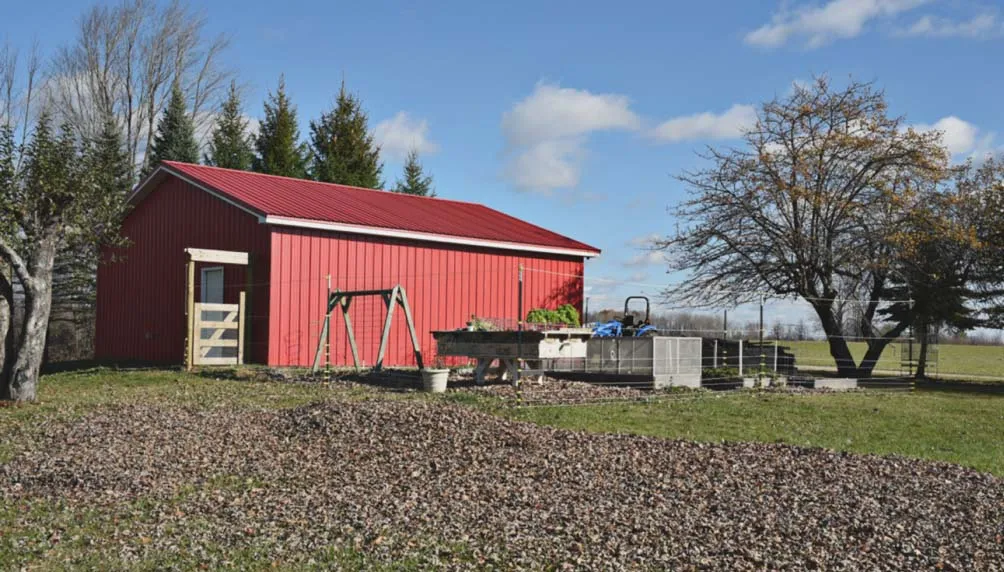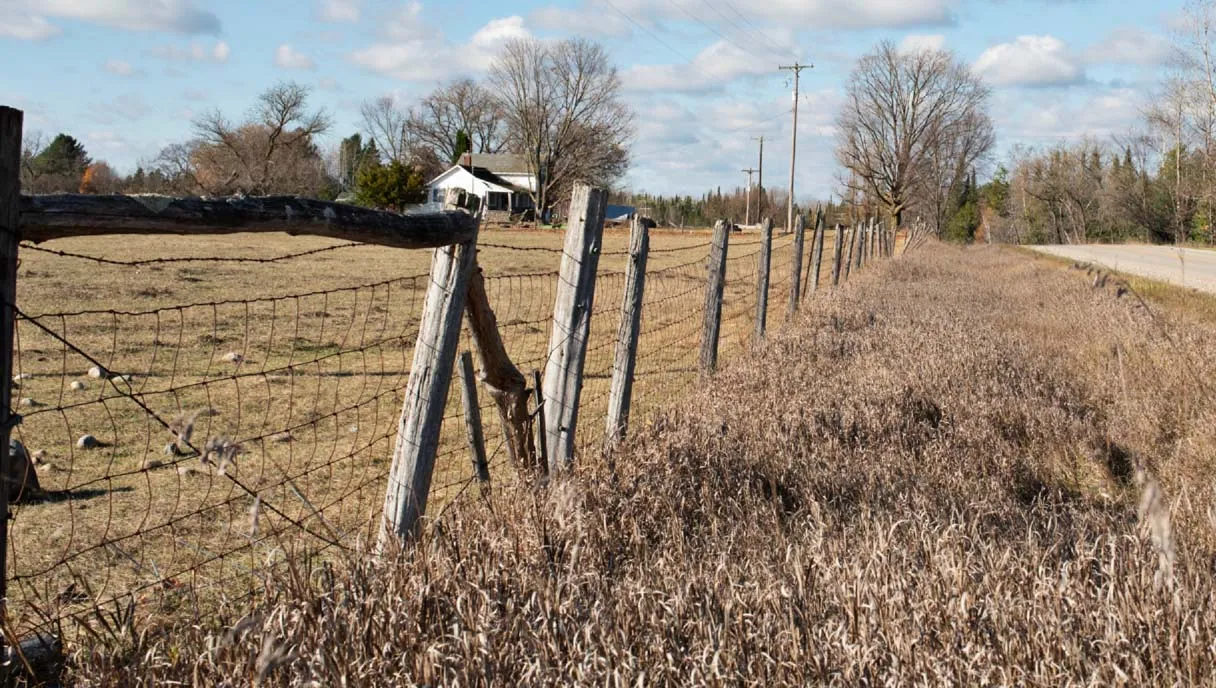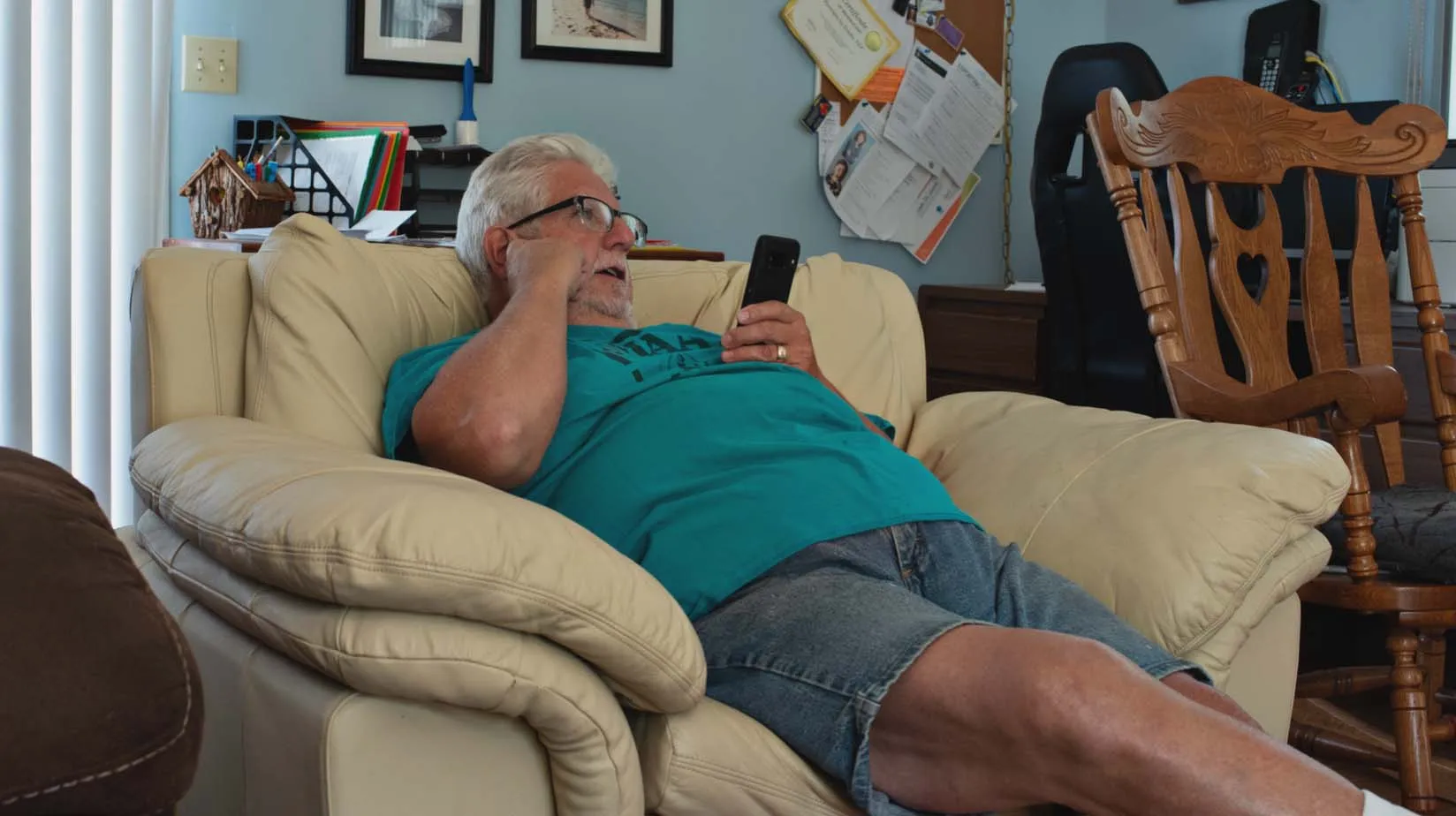
Connectivity Issues in Rural Michigan Healthcare
Unreliable internet disrupts patient care and staff efficiency in Michigan clinics.

Connectivity Challenges Undermining Rural Healthcare in Michigan
Northwest Michigan Health Services (NMHSI) faces ongoing challenges with broadband connectivity, directly impacting patient care and staff efficiency. As part of a larger HRSA-funded study examining broadband in rural communities, the clinics have highlighted the growing need for reliable internet to support telehealth services and other essential operations.
The organization operates seven clinics, including a small location in Manistee, where limited public transportation already poses significant challenges for patients. "We rely heavily on telehealth to connect with patients who can't easily come into the clinic," explained Kim Corliss, Director of Administrative Operations at NMHS. However, poor internet connectivity often disrupts video visits, forcing staff to switch to less effective phone consultations or reschedule in-person visits, creating delays in care.
Kim Corliss, Director of Administrative Operations at NMHSI, shares how connectivity challenges impacted patient care and daily operations at the clinic.
We rely heavily on telehealth to connect with patients who can't easily come into the clinic.
— Kim Corliss, Director of Administrative Operations at NMHS



Many patients in Michigan rely on telehealth due to difficulties in accessing clinics.
Technical assessments conducted during the study identified several issues with the clinics' Wi-Fi infrastructure, including prolonged signal drops and improperly configured access points. These problems have led to frequent interruptions in Electronic Medical Record (EMR) systems, requiring staff to repeatedly log back in while charting patient information. "It's frustrating for the staff," Corliss noted. "They end up taking work home just to complete patient charts, which affects their morale and limits the number of patients they can see."
It's frustrating for the staff. They end up taking work home just to complete patient charts, which affects their morale and limits the number of patients they can see.
— Kim Corliss, Director of Administrative Operations at NMHS


Reliable Internet in Patient Care
Patients requiring interpreter services have also faced significant disruptions.
"When the Wi-Fi signal drops, we lose the interpreter," Corliss said. "Logging back in connects us with someone new, which undermines the continuity of care. It's frustrating for both patients and staff".
Despite incremental improvements, such as fiber connections for hardwired setups, Wi-Fi connectivity remains a persistent issue. Corliss emphasized the broader implications of the problem: "Improved internet would mean faster visits, better access to telehealth, and comprehensive visit summaries for patients, which are crucial for follow-up care".
Improved internet would mean faster visits, better access to telehealth, and comprehensive visit summaries for patients, which are crucial for follow-up care.
— Kim Corliss, Director of Administrative Operations at NMHS

An analysis of the clinics' internet performance revealed that many of the connectivity issues stemmed from challenges beyond the scope of local IT expertise. In one instance, improperly configured internet routing meant that only a fraction—less than 10%—of the available bandwidth was actually usable. Similarly, a Wi-Fi issue known as a "bad roam" caused frequent disruptions to translation services, disconnecting interpreters mid-session and further complicating patient care. These technical problems required specialized assessments to identify and address, underscoring the complexity of maintaining reliable internet infrastructure in rural settings.
By identifying these gaps, the study facilitated targeted interventions that alleviated some of the most pressing issues, such as reducing "bad roams" to stabilize translation services. While such improvements have had measurable benefits for staff and patients, the findings emphasize that rural clinics often lack the resources or expertise to resolve highly specialized connectivity problems.
The findings from NMHSI highlight the urgency of addressing broadband disparities in rural healthcare settings. As the HRSA-funded study continues, it underscores a pressing need for systemic changes to improve internet access and ensure equitable healthcare delivery.
You might also be interested

Breaking Barriers to Treatment in Rural West Virginia
Connectivity issues in rural West Virginia disrupt operations and virtual treatment at the Jefferson Day Report Center, underscoring the need for reliable broadband to support rural services.

Texas Tackles Rural Connectivity Challenges
In rural Texas, inconsistent broadband access limits telehealth services, with residents and healthcare providers struggling to meet connectivity standards.

Connecting Alaska's Remote Communities
In Alaska's remote villages, unreliable broadband and lack of IT support create critical challenges for telehealth and essential services, highlighting the need for targeted solutions in isolated communities.